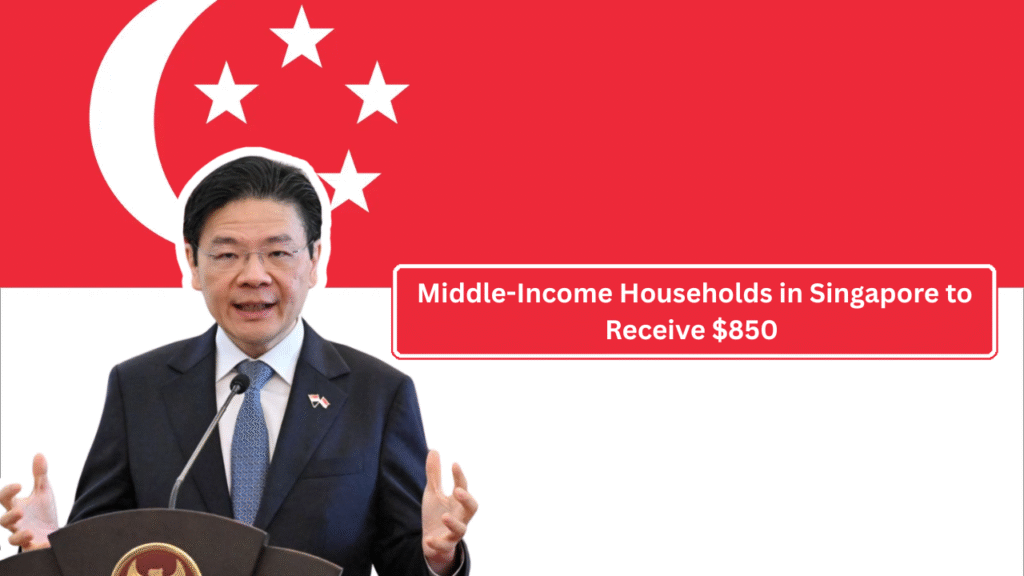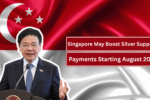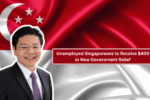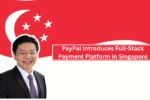Singapore’s government has unveiled its Budget for 2025, bringing relief to middle-income households facing rising living costs. One of the key highlights is a cash payout aimed at helping families manage inflation and everyday expenses. This article explores the details of the relief package, eligibility criteria, and other support measures announced in the Budget.
Overview of the Relief Package
Budget 2025 introduces a financial assistance scheme targeting middle-income households, which have been significantly affected by inflation, rising utility bills, and healthcare costs. The government plans to distribute one-time cash payouts of up to S$1,500 to eligible households. On average, this translates to approximately S$1,150, or around $850 USD per household.
This cash payout is part of a broader strategy by Singapore’s Ministry of Finance to provide immediate help while maintaining long-term economic stability. The aim is to ensure that middle-income families continue to have the financial capacity to meet essential needs without undue hardship.
Who Is Eligible?
The relief package focuses on middle-income Singaporean households, a group identified as being vulnerable to inflationary pressures but often not eligible for existing welfare schemes. To qualify, households must meet certain income criteria, including:
- A monthly household income ceiling, adjusted based on family size.
- Residency requirements confirming Singapore citizenship.
- Existing eligibility for other government support schemes may also influence qualification.
The government has designed the scheme to complement existing programs, such as the ComCare assistance and Workfare Income Supplement schemes, ensuring comprehensive support across income levels.
Distribution and How to Receive the Payout
Eligible households will receive the payout through direct bank transfers or credited to their government-linked savings accounts. The distribution is expected to start in the second quarter of 2025.
To facilitate smooth delivery, the Ministry of Finance encourages residents to keep their personal information and bank details updated with government agencies. This helps avoid delays and ensures funds reach beneficiaries securely and promptly.
Additional Measures in Budget 2025
Beyond the direct cash payouts, Singapore’s Budget 2025 includes a variety of other measures designed to support households and businesses:
- Utility Rebates: Continued subsidies on electricity and water bills for eligible households to offset rising energy costs.
- Healthcare Support: Enhanced subsidies for medical expenses, including outpatient care and chronic disease management.
- Skills Development Grants: Increased funding for upskilling programs to help workers adapt to changing job markets.
- Support for Businesses: Tax relief and grants aimed at small and medium enterprises to maintain economic growth and employment.
These measures collectively contribute to the government’s goal of cushioning the impact of inflation while promoting long-term financial resilience.
Why This Matters
Singapore’s middle-income households have been grappling with the effects of global inflation and a tight labor market. The relief package is a recognition of these challenges and a commitment to supporting families who form the backbone of the nation’s economy.
By targeting support specifically at this group, the government hopes to maintain social stability and economic confidence. These efforts align with Singapore’s broader policy framework, which prioritizes fiscal prudence and sustainable growth.
How to Stay Informed
Residents are encouraged to visit official government platforms to keep updated on the relief package and other Budget 2025 initiatives. Government websites regularly post detailed information about eligibility, application procedures, and payment timelines.
Additionally, community centers and local government offices offer assistance for residents needing help navigating the process.
Conclusion
Singapore’s Budget 2025 delivers a much-needed financial boost to middle-income households through a one-time cash payout averaging $850. Combined with other supportive measures, the package is designed to ease the financial burden of rising costs and promote economic resilience.
As the government rolls out these initiatives, eligible households should stay informed and ensure their details are up to date to receive timely support. This Budget reflects Singapore’s commitment to caring for its citizens while preparing for future economic challenges.




